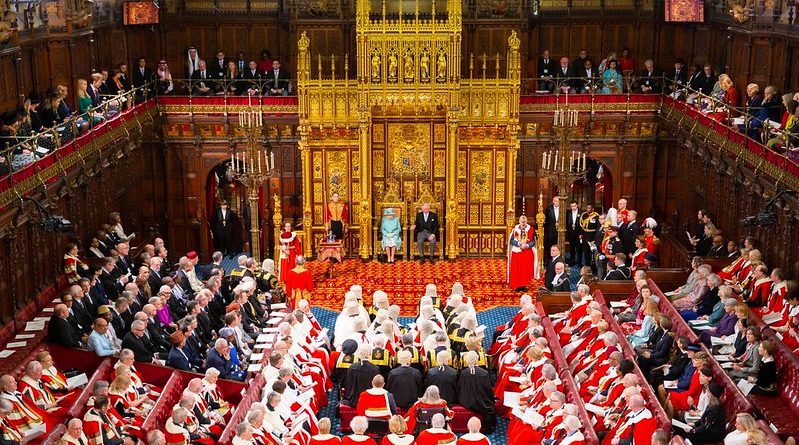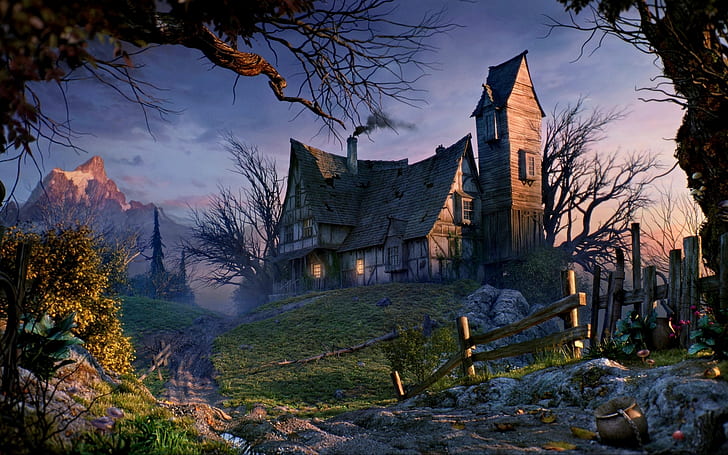Table Of Content

The first is important because a family can occupy a production building, whether that's chopping firewood, hunting animals, or farming. If it's the right type of building, they'll also create their own stall to distribute those goods at the marketplace. If it was too easy to gain population, you'd immediately be able to take advantage of every resource and steamroll the map with a tide of militia.
Lords push back on Rwanda bill again - despite PM declaring 'enough is enough' - Sky News
Lords push back on Rwanda bill again - despite PM declaring 'enough is enough'.
Posted: Mon, 22 Apr 2024 19:49:19 GMT [source]
British Parliament
The popular cause of reform, however, was not abandoned by the ministry, despite a second rejection of the bill in 1832. Prime Minister Charles Grey, 2nd Earl Grey advised the King to overwhelm opposition to the bill in the House of Lords by creating about 80 new pro-Reform peers. William IV originally balked at the proposal, which effectively threatened the opposition of the House of Lords, but at length relented. The House of Lords was reduced to a largely powerless body, with Cromwell and his supporters in the Commons dominating the Government. It returned to its former position as the more powerful chamber of Parliament—a position it would occupy until the 19th century.
What powers does the House of Lords have?

The Labour government introduced legislation to expel all hereditary peers from the Upper House as a first step in Lords reform. As a part of a compromise, however, it agreed to permit 92 hereditary peers to remain until the reforms were complete. Thus, all but 92 hereditary peers were expelled under the House of Lords Act 1999 (see below for its provisions), making the House of Lords predominantly an appointed house. The limits on the Lords’ power reflect the fact that it is the unelected chamber of parliament. However, the Lords still plays an important parliamentary role, particularly in shaping and refining legislation, and it is often referred to as a ‘revising chamber’.
Introduced lords
The Lords Chamber is the site of many formal ceremonies, the most famous of which is the State Opening of Parliament, held at the beginning of each new parliamentary session. During the State Opening, the Sovereign, seated on the Throne in the Lords Chamber and in the presence of both Houses of Parliament, delivers a speech outlining the Government's agenda for the upcoming parliamentary session. Another officer of the body is the Leader of the House of Lords, a peer selected by the Prime Minister. The Leader of the House is responsible for steering Government bills through the House of Lords, and is a member of the Cabinet. The Leader also advises the House on proper procedure when necessary, but such advice is merely informal, rather than official and binding.
The easiest way to maintain high approval is to provide a variety of goods on your marketplace, whether food or clothing. Building a church and tavern will also go a long way to making your subjects happy, though you'll need to provide ale for the latter to function. Usually in a game like this, you just let nature take its course and watch as your new town expands on its own. Manor Lords' population mechanics are a bit trickier, however; perhaps because the number of available workers and soldiers is the game's main hurdle to overcome. Lord Carlile of Berriew, a leading lawyer and independent crossbencher, signalled his continuing opposition, saying the Government’s current Rwanda Bill was “ill-judged, badly drafted, inappropriate” and “illegal in current UK and international law”. That ebb and flow of resources is how you can get away with having fewer families than available job assignments.
Sitting
One example of this is the Committee on Public Service and Demographic Change.[127] The House of Lords may appoint a chairman for a committee; if it does not do so, the Chairman of Committees or a Deputy Chairman of Committees may preside instead. Bills may be referred to Select Committees, but are more often sent to the Committee of the Whole House and Grand Committees. Most Cabinet ministers are from the House of Commons rather than the House of Lords. In particular, all prime ministers since 1902 have been members of the lower house[78] (Alec Douglas-Home, who became prime minister in 1963 whilst still an earl, disclaimed his peerage and was elected to the Commons soon after his term began). In recent history, it has been very rare for major cabinet positions (except Lord Chancellor and Leader of the House of Lords) to have been filled by peers.
No Lord of Appeal in Ordinary or Lord of Appeal could sit judicially beyond the age of seventy-five. The judicial business of the Lords was supervised by the Senior Lord of Appeal in Ordinary and their deputy, the Second Senior Lord of Appeal in Ordinary. Most notably, until 2009 the House of Lords served as the court of last resort for most instances of UK law.
The two bodies didn’t regularly convene, but they paved the way to the bicameral legislature that exists today. The Witan was a small council of clergymen, land-owning barons and other advisors chosen by the king to discuss matters of state, taxation and other political affairs. As it expanded to include more advisors, the Witan evolved into the magnum concilium or Great Council. Political journalist Zoe Grunewald joins the podcast team to weigh up the prime minister's Rwanda Act. There are also 26 Lords spiritual, who are senior bishops of the Church of England. They include figures like the Archbishop of Canterbury and they also sit in the Lords by right.
Powers and Functions of the Lord’s Assembly
Rishi Sunak promises Rwanda deportation flights to start in 10-12 weeks - The Washington Post
Rishi Sunak promises Rwanda deportation flights to start in 10-12 weeks.
Posted: Mon, 22 Apr 2024 16:32:00 GMT [source]
And, in 1399, after years of internal struggle for power between the monarchy and Parliament, the legislative body voted to depose King Richard II, enabling Henry IV to assume the throne. The House of Lords is the upper chamber of the UK parliament, often referred to as the ‘revising chamber’. 1 "Bailiwick-wide" legislation passed in the States of Guernsey applies not only in Guernsey, but also in Alderney and Sark, with the consent of their governments.2 Although Island Councils for Ascension and Tristan da Cunha exist, they are purely consultative.
That request was made in order to meet the pledge Rishi Sunak made to “stop the boats”, despite polling showing that support for the Rwanda bill was low. If you're struggling with food variety, hunting wild animals and foraging berries will provide some, and you can also purchase chicken coops or vegetable gardens in big burgage plots to provide a passive yield of those foods. Researching the apiary or apple orchard also lets you build those for honey and apples. If you have at least 50 approval and an empty burgage plot, a new family will arrive in your village at the start of each month.
Depending on the size and shape of the burgage plot, there might be room for additional housing (adding a house for a second family to the plot) or an extension (for a garden or a workshop). For example, let’s say you want to start producing yarn — not even clothes, just yarn. You’ll need a livestock trader, a sheep farm, and a weaver’s workshop at a minimum. But each part of that process requires a family to be assigned to the building(s), and families require burgage plots to live on. That’s a bare minimum of four buildings already, and that doesn’t even touch on keeping the town supplied with food and fuel — which increases the number of buildings you’ll need in place before you can get a single sheep much closer to eight or 10. The peer and supporters would put on their hats, rise, doff their hats (unless women), and bow to the Lord Chancellor, and then repeat the previous practice two times.
For example, if you give your first couple burgage plots huge backyards, you can build two vegetable gardens that will grow enough for an entire game — we have one town with a population of over 200 people that still get their vegetables from those first two vegetable gardens. In 1998, the House of Lords constituted a Committee to modernise the entire ceremony. The Committee further suggested that the wearing of hats and the hat doffing ceremony, which "serves no symbolic purpose", also stop. Finally, it deemed that, since the seating of Lords in order of the degree of peerage was an outdated practice, the Lords instead sitting by party, the practice of placing the new peer stop. The supporters were members of the House of Lords of the same rank of peerage as the new peer. (In other words, Dukes would support Dukes, Marquesses would support Marquesses, and so forth.) The new peer and his/her supporters would wear parliamentary robes and bicorn hats if men or caps if women.

No comments:
Post a Comment